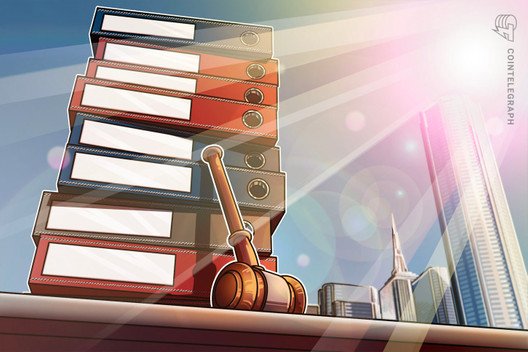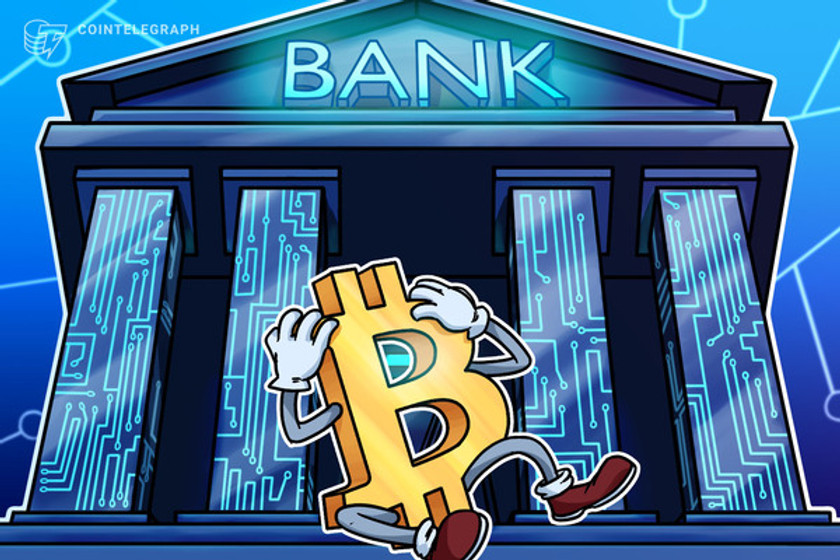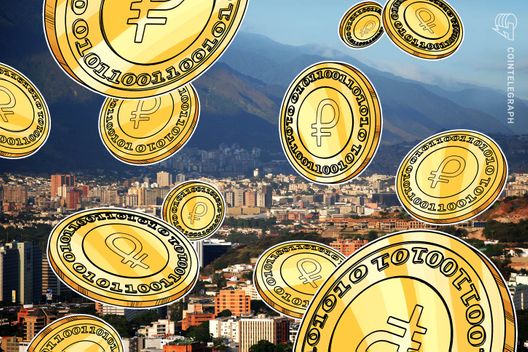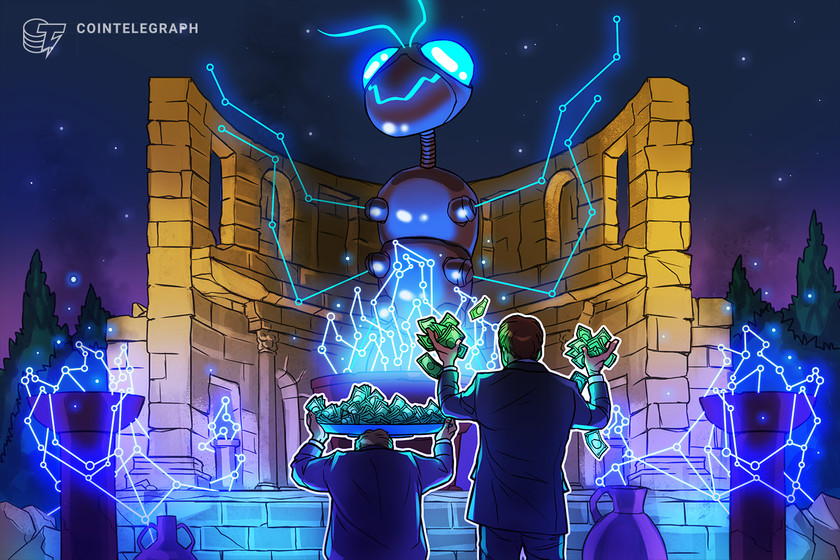RWA backing: How do issuers ensure 1:1 peg with tokenized assets?
The real-world asset (RWA) market has emerged as one of the key trends in the cryptocurrency industry in 2025, with companies increasingly jumping on the tokenization bandwagon.
Although some studies pointed to a massive 260% increase of RWAs this year, some industry executives have questioned the magnitude of the reported market size, arguing that the sector is still too nascent and relatively small.
Industry executives told Cointelegraph that slow adoption may stem from outdated regulations, limited access and widespread misunderstandings of how tokenized assets are backed.
However, the question of RWA backing is not just one of technology, but is subject to other considerations.
“Not just code” — RWA foundation is legal
The question of backing in RWAs is important since crypto tokens are often driven by hype, marketing or memes rather than real fundamentals, Adam Levi, co-founder of the tokenization platform Backed, told Cointelegraph.
“For real-world assets like tokenized equities, trust depends entirely on how the product is structured and how transparent and regulated the issuer is,” Levi said.
When evaluating financial RWA tokens like those issued by Backed’s xStocks, it’s important to understand that their backing is more than a technology question, according to Levi.
“It’s a legal and financial one,” he said, adding that the guarantee is the issuer’s binding legal obligation to maintain full backing and transparent issuance and redemption mechanisms, governed by clear regulations:
“Technology — secure smart contracts, tech platforms and custody integrations — are also essential, but trust in financial products comes from enforceable commitments under strong regulatory frameworks. The foundation is legal, not just code.”
TZero’s executive vice president, Alan Konevsky, said tokenization of RWAs, particularly those based on physical objects like real estate or collectibles, cannot be a fully automated process just yet.
“Financial instruments, arguably in particular if it’s also tokenized, can be fully automated,” he said, adding that tokenization of physical assets requires intermediation by traditional market participants.
Legal part not a 100% guarantee
RWA backing is a real issue for the industry, but it’s not unique to crypto, as similar challenges exist in traditional investments like real estate, Stobox co-founder Ross Shemeliak told Cointelegraph.
“Tokenization is just an investment method here,” Shemeliak said, agreeing that responsibility currently falls on tokenization providers, who conduct enhanced due diligence and review the offering memorandum, underlying assets and legal restrictions.
“Still, this isn’t a 100% safety guarantee: Verification complexities sometimes lead providers to launch scam projects,” he noted, suggesting a solution in the form of data-rich RWA tokens, where the smart contract holds repository data and asset details directly on the blockchain.
What are data-rich RWA tokens?
According to Shemeliak, data-rich RWA tokens don’t just represent ownership, but embed or link to structured, dynamic data about the asset, such as valuation, legal status and other data.
“This creates a new level of transparency, interoperability, and investor trust, something traditional securities and early-stage tokens often lacked,” he said.
Among industry examples of data-rich RWA token technology, Shemeliak mentioned Chainlink’s proof-of-reserves and crosschain Interoperability protocol, implemented by platforms like Backed Finance, Maple Finance and Centrifuge.
Related: Investment giant Guggenheim taps Ripple to expand digital debt offering
Additionally, Stobox found that the top five jurisdictions for running a tokenization deal are the British Virgin Islands, the US State of Wyoming, Liechtenstein, Singapore and the Marshall Islands.
“Despite being among the top five in terms of regulatory quality and efficiency, Singapore and Luxembourg remain underutilized as special purpose vehicle destinations for tokenization deals: They account for less than 2% of global deals,” Stobox said in its Tokenization Jurisdiction Report shared with Cointelegraph.
Magazine: Baby boomers worth $79T are finally getting on board with Bitcoin









